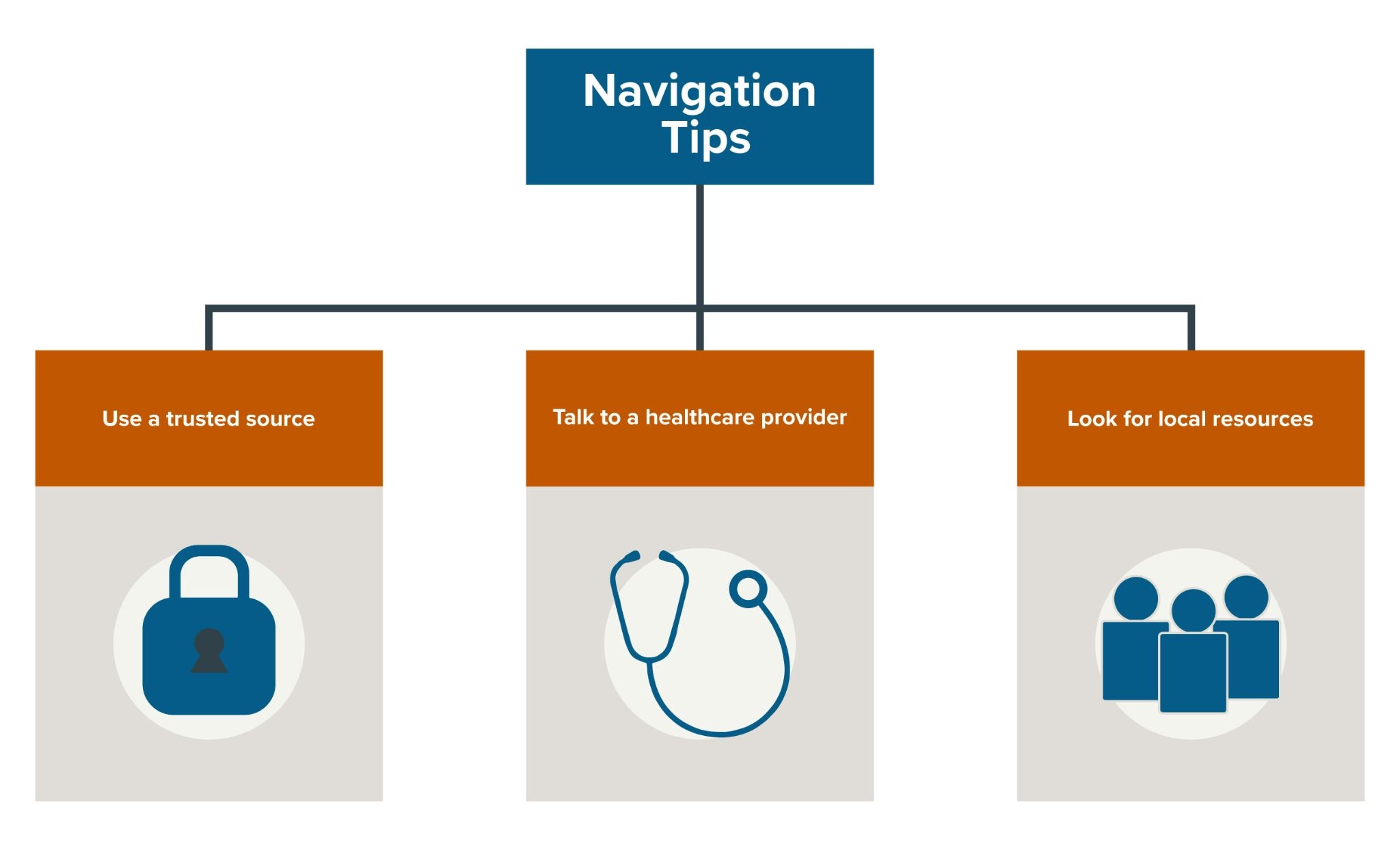The Role of Tech in Diabetes Management
As technology has made information more accessible all over the world (and changed the way we conduct our lives, from shopping to managing our finances), access to healthcare has followed suit. It has improved the quality of patient care, given patients the ability to compare procedure and prescription pricing, and made it easier for patients to access their own healthcare information. For people with chronic conditions like diabetes, this is especially important.
People with diabetes must constantly track a wide variety of information, including blood sugar levels, food intake, exercise, and insulin. While people used to keep track of this information on paper, there is now a multitude of apps that can do it for them — and even help them better understand it. Collecting this information on an app can also help users share vital information with their primary care physician, or other doctors, keeping them informed between appointments. There is also a wide variety of online resources that offer support to people with diabetes, like telehealth and chat services. These services allow patients to communicate easily with their healthcare providers and receive fast, timely care. They also make high-quality care more accessible to people in underserved communities who are traditionally affected by diabetes at higher rates.
For children and teens with diabetes, these technological tools are especially helpful, as they communicate vital information and offer support in a format with which these young people are already familiar. Tools range from telehealth and chatting apps to tools like glucose trackers and resources on the best foods to eat (and those to avoid). The use of these tools, in combination with local nurse care, was detailed in a recent study that showed it was more effective in decreasing the levels of HbA1c (average plasma glucose concentration) in low-income adults than traditional care.
Games, on the other hand, have proven to promote better health outcomes in children and adolescents with diabetes. In fact, scientific reviews have shown that young people with diabetes who have played diabetes-related games experience a significant decrease in emergency hospital visits (77%). Games and apps designed for young people with diabetes can help with decision-making regarding meals, insulin injections, and understanding the relationship between glucose levels, physical activity, and food intake.
 There have even been significant developments in artificial intelligence (AI) related to the gamification of diabetes management. These types of tools are rapidly expanding, and they are currently being used to assist in diabetes management, along with the lifestyle challenges this condition poses. It’s not surprising that the use of tech tools and gamification in diabetes management is expected to grow and develop significantly over the next five to 10 years.
There have even been significant developments in artificial intelligence (AI) related to the gamification of diabetes management. These types of tools are rapidly expanding, and they are currently being used to assist in diabetes management, along with the lifestyle challenges this condition poses. It’s not surprising that the use of tech tools and gamification in diabetes management is expected to grow and develop significantly over the next five to 10 years.
This article includes a collection of technological resources for young people with diabetes. The list of free games and apps can help young people better understand and manage their diabetes, in addition to a guide for navigating online care resources. We hope that this compilation of resources will help the families of children and teens with diabetes feel more empowered and in control of their children’s health and wellbeing.

 Live Chat
Live Chat

 There have even been significant developments in artificial intelligence (AI) related to the gamification of diabetes management. These types of tools are rapidly expanding, and they are currently being used to assist in diabetes management, along with the lifestyle challenges this condition poses. It’s not surprising that the use of tech tools and gamification in diabetes management is expected to grow and develop significantly over the next five to 10 years.
There have even been significant developments in artificial intelligence (AI) related to the gamification of diabetes management. These types of tools are rapidly expanding, and they are currently being used to assist in diabetes management, along with the lifestyle challenges this condition poses. It’s not surprising that the use of tech tools and gamification in diabetes management is expected to grow and develop significantly over the next five to 10 years. If you are searching for online health resources for yourself or your child, it’s important to adhere to a few simple steps to making sure you’re accessing the best, most reliable care possible. Many telehealth services are either paid or exclusively accessible through insurance providers, so it is important to understand what you are signing up for. Below are some tips on how to navigate these resources and make them work for you.
If you are searching for online health resources for yourself or your child, it’s important to adhere to a few simple steps to making sure you’re accessing the best, most reliable care possible. Many telehealth services are either paid or exclusively accessible through insurance providers, so it is important to understand what you are signing up for. Below are some tips on how to navigate these resources and make them work for you.